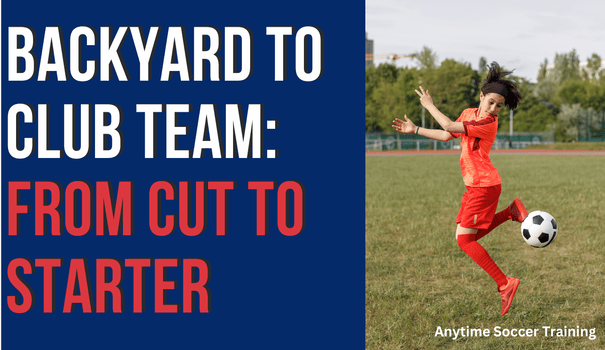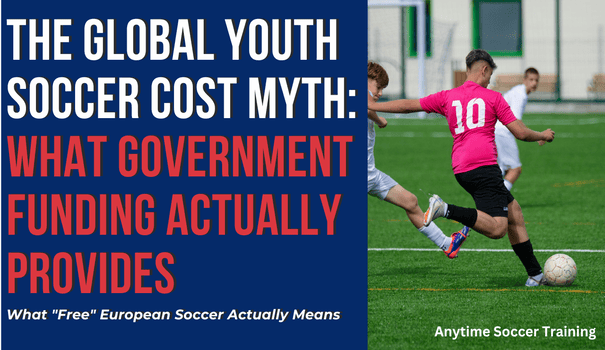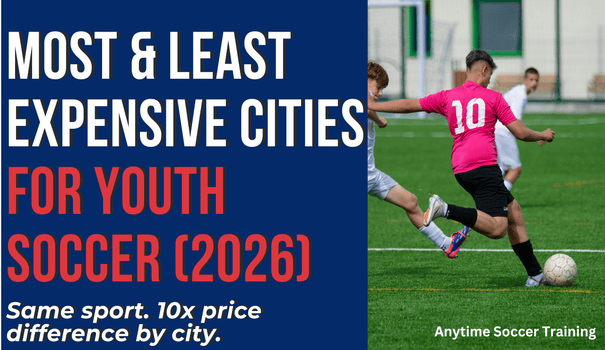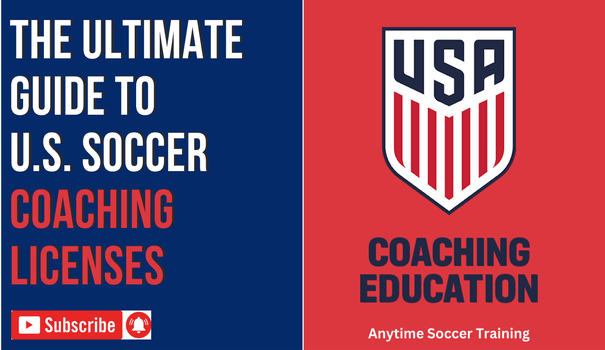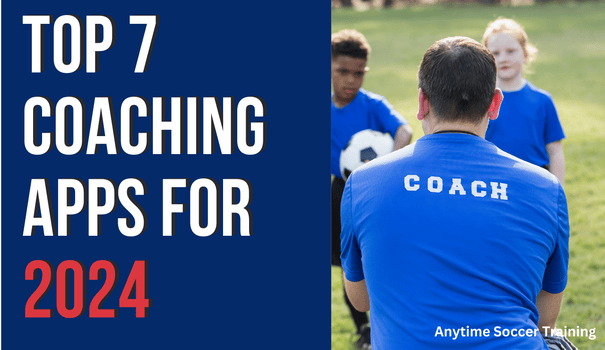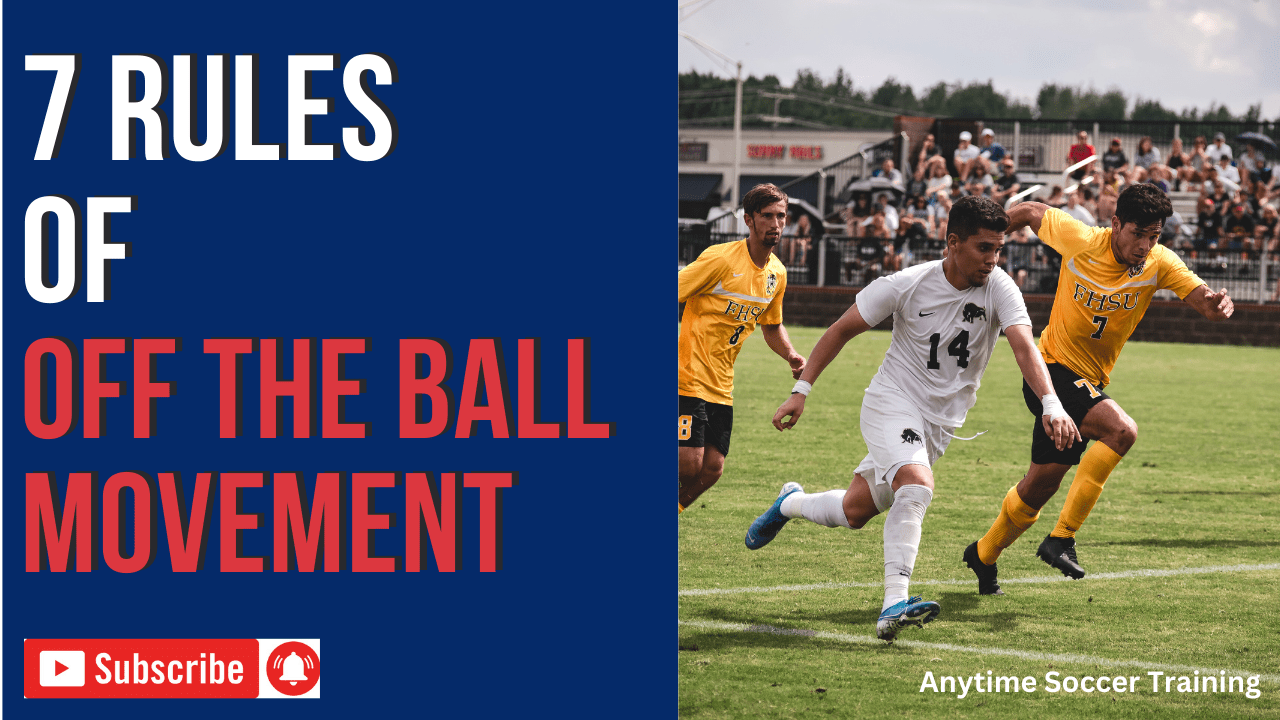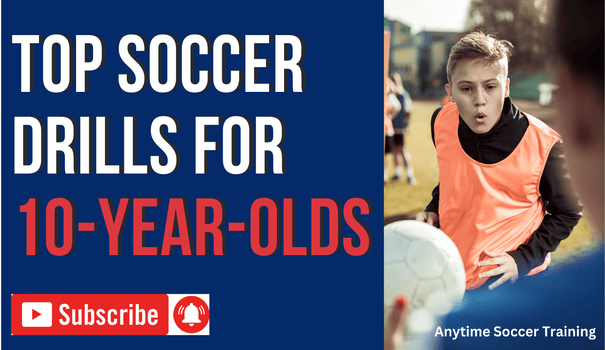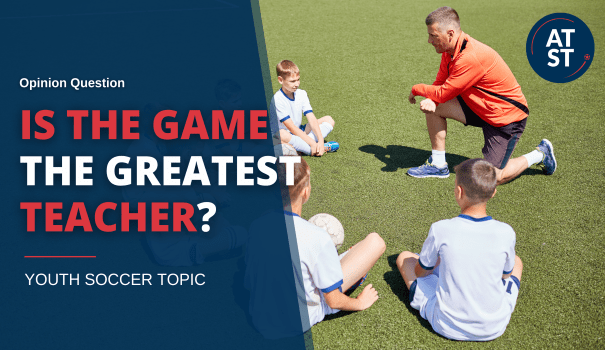
I recently threw out the question, “Is the game the greatest teacher?” to the vibrant community in our Youth Soccer Coach Facebook Group. The responses were as diverse as they were insightful, sparking a lively conversation.
Some of the Best Responses
Russell Costa: “Absolutely, but great coaches know how to seize those key moments in games to teach. Too often, young coaches use the game as a chance to say very little.”
Alan Milic: “I can play guitar, but learning scales from a teacher helps me improve much faster. The same goes for soccer—structured teaching makes a big difference.”
Michael Arie Kane:** “Drills are great, but they don’t react like real game situations. In a game, you notice spacing, tendencies, and build confidence in a way that cones and poles just can’t replicate.”
My Thoughts
So, is the game really the best teacher? I think the truth is somewhere in between. It depends on the player’s age, competitive level, and what we mean by “the game.”
Games definitely teach lessons that practice alone can’t provide. But let’s not forget that practice and individual training are where players develop their skills. The more skilled they are, the more they enjoy the game—and the more they learn.
On the flip side, players who struggle with basic skills often get less out of games. I touched on this in my blog post about when to switch from recreational to competitive soccer. Skilled players tend to have more ball possession and confidence, leading to greater enjoyment and a positive cycle of training and improvement.
Related: From Rec to Competitive
Game-Like Scenarios vs. Actual Games
There’s often confusion between “play” and structured, game-like conditions. While unstructured play is fun and valuable, it doesn’t always offer the focused learning that game-like drills do.
Structured game-like scenarios are designed to enhance decision-making and problem-solving skills. This approach provides targeted development, which can be more effective than casual play. Coaches who use these techniques add tremendous value to their training.
Join the Conversation
I’d love to hear your thoughts on this! Drop a comment below or join the discussion in our Facebook group.
Click here to join Anytime Soccer Training for free and start improving your soccer skills with expert guidance.
